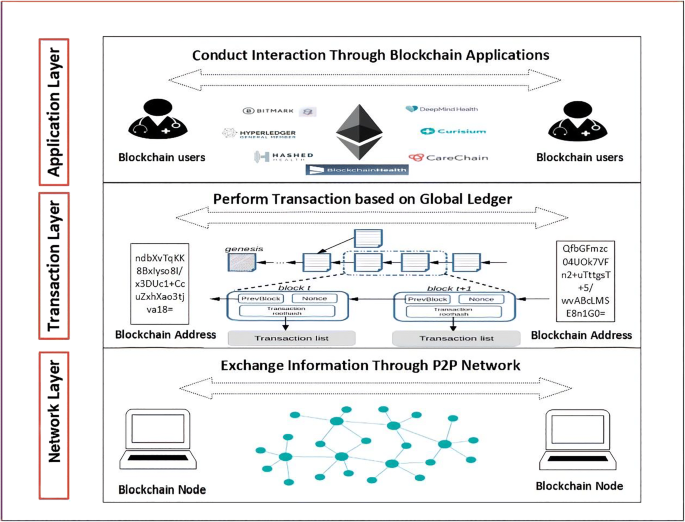The Rise of Autonomous Delivery Vehicles: A Paradigm Shift in Logistics
Autonomous delivery vehicles are rapidly reshaping the landscape of last-mile logistics. As these innovative vehicles become integral to the supply chain, a new challenge arises – ensuring their seamless operation while managing potential risks. This is where Autonomous Delivery Vehicle Insurance plays a pivotal role.
Understanding the Unique Risks of Autonomous Delivery Vehicles
Autonomous delivery vehicles introduce a unique set of risks compared to traditional delivery methods. From technological malfunctions to accidents involving pedestrians, the risks are diverse and require specialized insurance coverage. Insurance providers are adapting to this evolving landscape, offering policies tailored to address the specific challenges posed by autonomous delivery vehicles.
Comprehensive Coverage for Technological Failures
One of the primary considerations in Autonomous Delivery Vehicle Insurance is coverage for technological failures. These vehicles heavily rely on advanced sensors, artificial intelligence, and connectivity. Insurance policies need to encompass protection against system malfunctions, software glitches, or any failures that may result in accidents or delivery disruptions. Comprehensive coverage ensures that businesses utilizing autonomous delivery vehicles are financially safeguarded in the event of technological issues.
Navigating Legal and Regulatory Complexities
The deployment of autonomous vehicles brings about legal and regulatory complexities that must be addressed in insurance policies. From compliance with local traffic laws to liability considerations in the event of an accident, Autonomous Delivery Vehicle Insurance must navigate a complex legal landscape. Insurers work closely with businesses to provide coverage that aligns with evolving regulations and ensures compliance at all levels.
Data Security and Cybersecurity Protection
Autonomous delivery vehicles rely heavily on data and connectivity. As such, insurance coverage extends to include protection against cybersecurity threats. Policies address the potential risks of data breaches, hacking attempts, or other cyber incidents that may compromise the vehicle’s operation. This proactive approach ensures that businesses are not only covered for physical damages but also for digital threats that could impact the vehicle’s performance.
Accident Liability and Third-Party Coverage
Accidents involving autonomous delivery vehicles may raise questions of liability. Insurance policies for these vehicles include coverage for accidents, whether they result from technological failures or unforeseen circumstances. Additionally, third-party coverage ensures that damages to other vehicles, property, or individuals are addressed, mitigating the financial impact on businesses utilizing autonomous delivery services.
Tailored Policies for Diverse Applications
Autonomous delivery vehicles are employed in various industries, from food and package delivery to medical supply transportation. Insurance providers recognize the diverse applications of these vehicles and offer tailored policies. Businesses can choose coverage options based on the specific needs of their industry, ensuring that the insurance aligns with the unique challenges associated with different types of autonomous deliveries.
Safety and Training Initiatives: A Collaborative Approach
To mitigate risks associated with autonomous delivery vehicles, insurers often collaborate with businesses on safety and training initiatives. These initiatives aim to enhance the skills of vehicle operators, establish best practices for vehicle maintenance, and promote overall safety protocols. Such collaborative efforts contribute to a reduction in accidents and, consequently, a decrease in insurance claims.
Real-Time Monitoring for Proactive Risk Management
Autonomous Delivery Vehicle Insurance goes beyond traditional coverage by incorporating real-time monitoring and analytics. Insurers leverage data from the vehicles’ sensors and connectivity to monitor their performance. This data-driven approach enables proactive risk management, allowing insurers and businesses to identify potential issues before they escalate, ultimately reducing the frequency and severity of insurance claims.
Preparing for the Autonomous Future: A Holistic Insurance Approach
As the autonomous delivery landscape continues to evolve, insurance providers play a crucial role in preparing businesses for the future. Autonomous Delivery Vehicle Insurance goes beyond indemnification; it becomes a strategic tool for businesses to navigate the complexities of a rapidly changing technological and regulatory environment.
To explore comprehensive Autonomous Delivery Vehicle Insurance options tailored for your business needs, visit Autonomous Delivery Vehicle Insurance.


